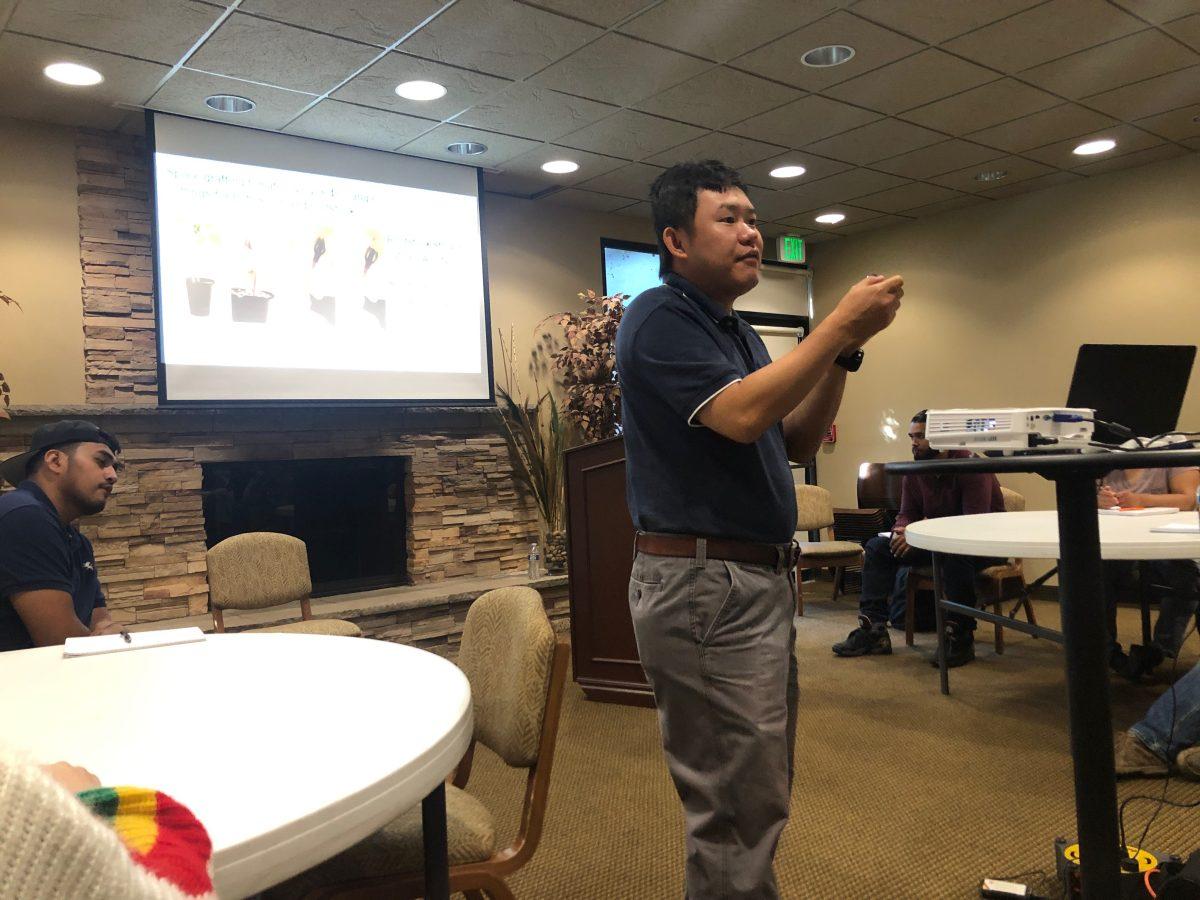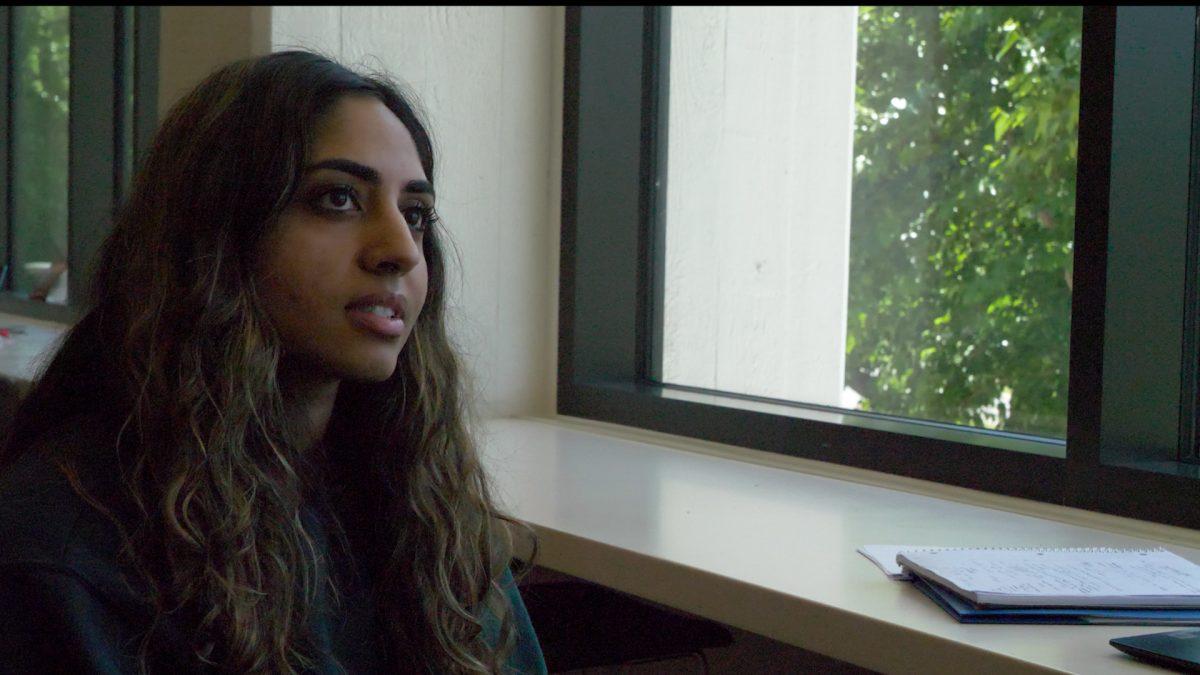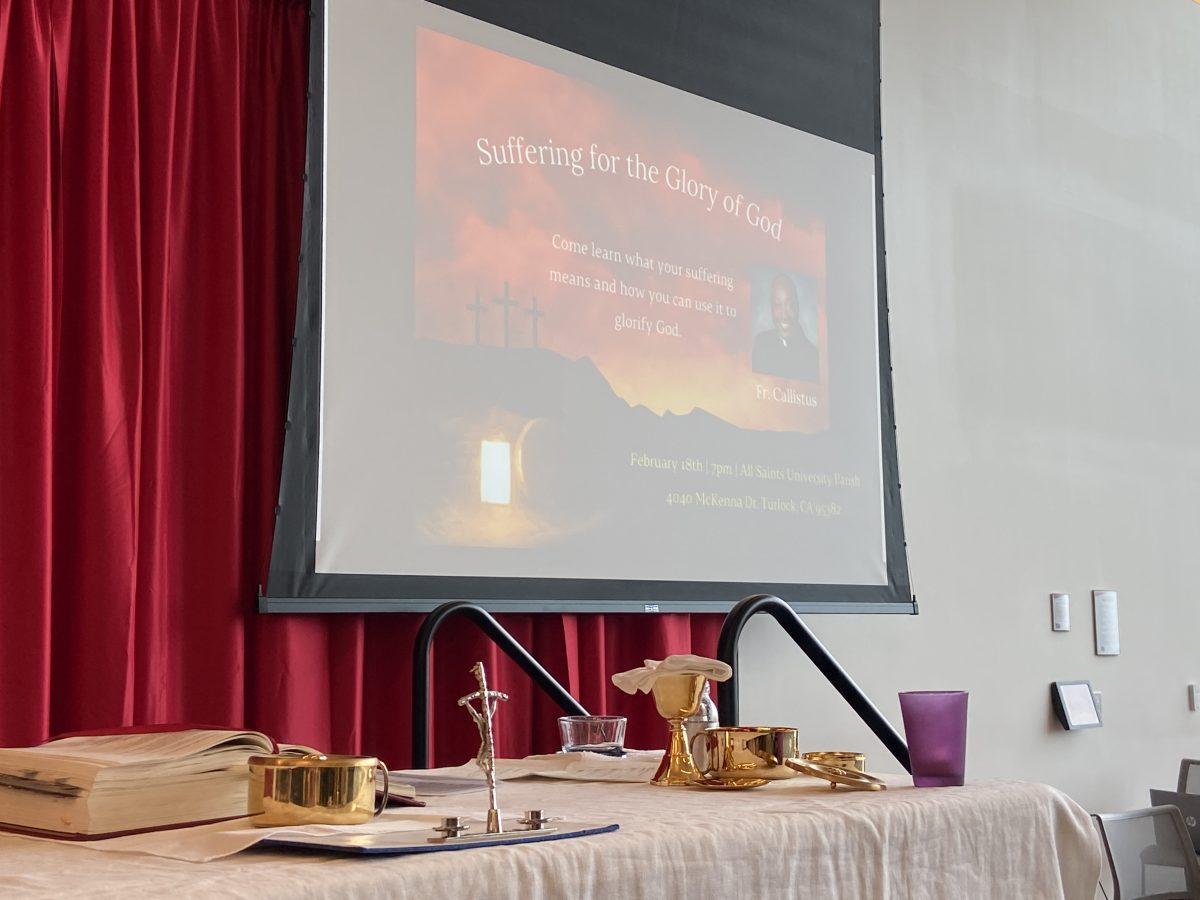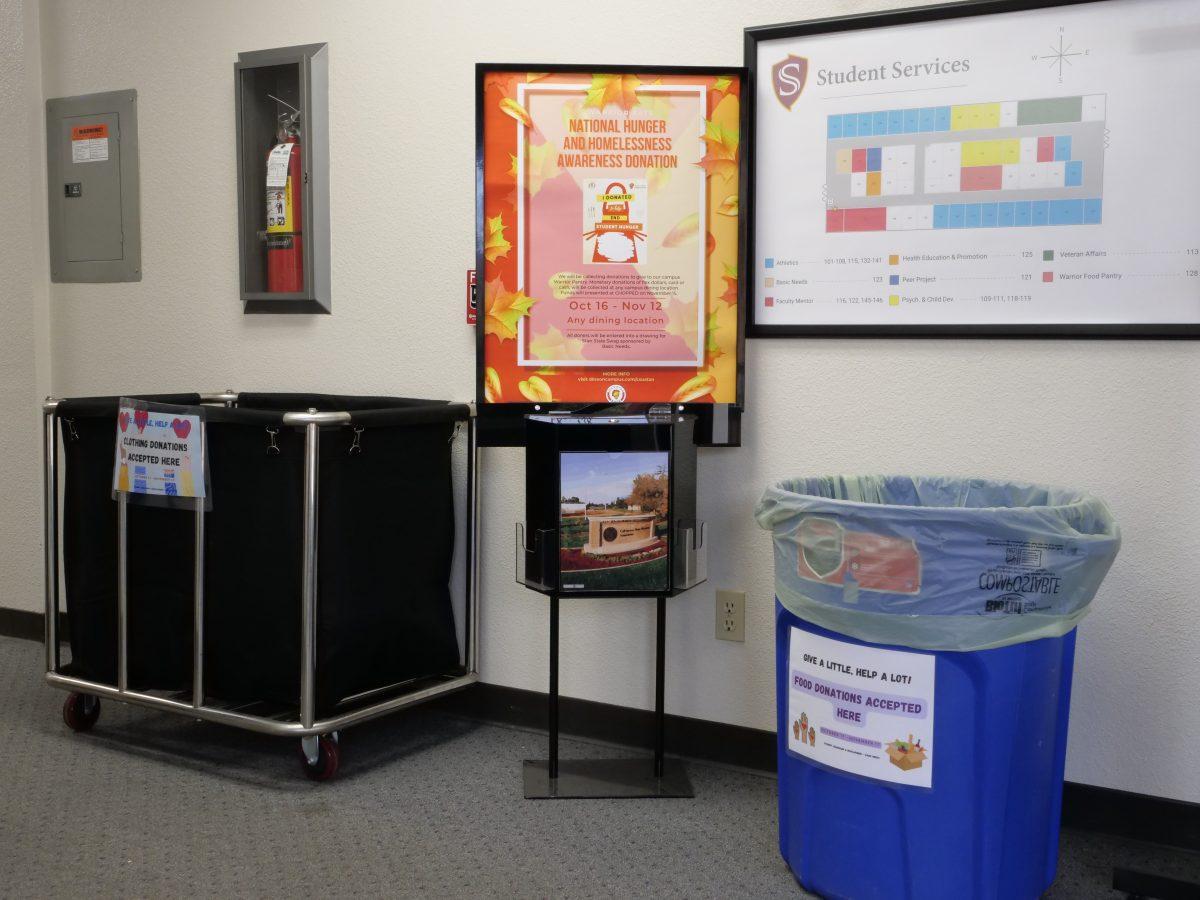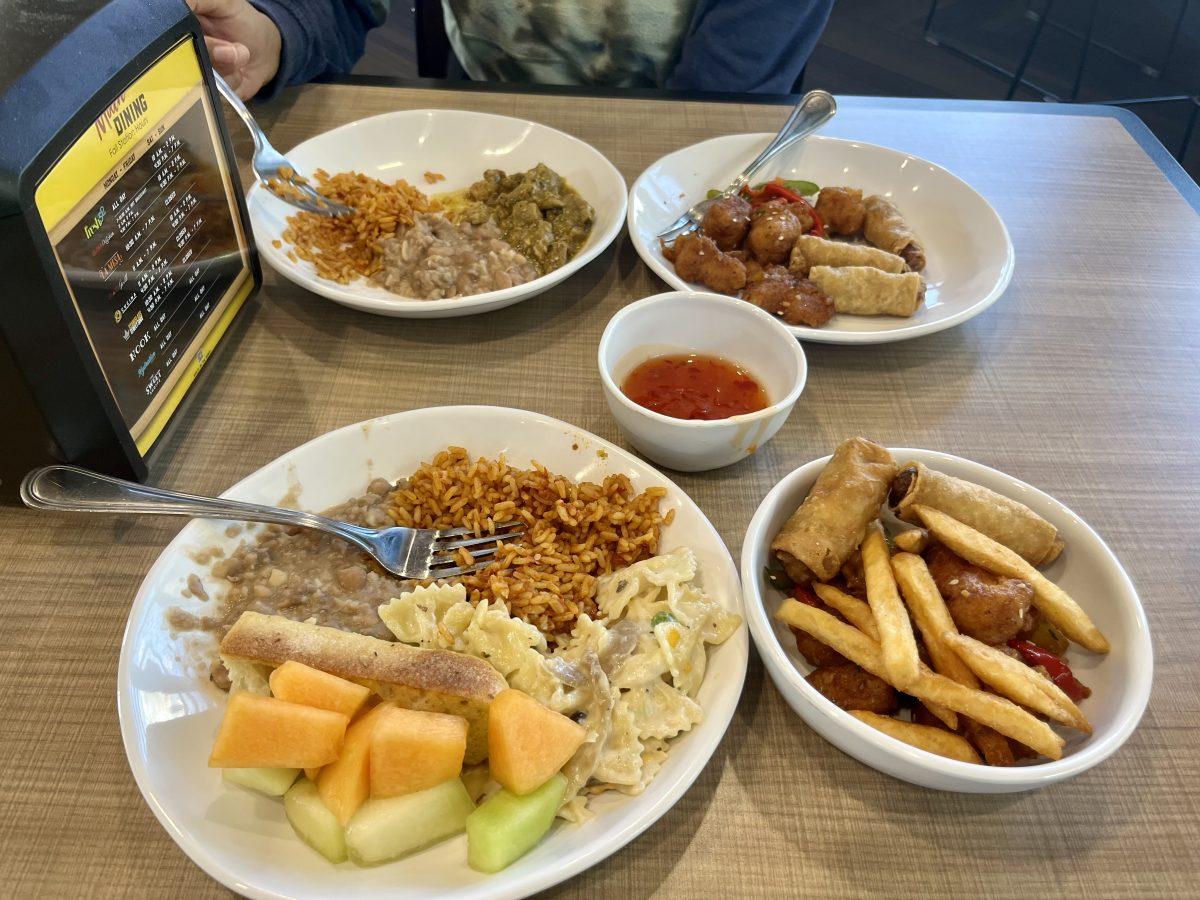UCCE Vegetable and Irrigation Advisor Dr. Zheng Wang held an insightful lecture at Stan State among students and faculty discussing the values of vegetable grafting.
This science of grafting vegetables is providing multiple purposes and solutions for agriculture itself and growers.
This option creates resistance to soil-borne diseases and increases sustainable crop productivity.
“Grafting conveys a lot of merits in terms of disease resistance and yield maintenance, it enriches the production practices by introducing more variety. And by making impossible things become possible,” said Wang.
This alternative recombination leads growers to believe that they can control their outcomes successfully by becoming a “mad scientist”.
“It’s an additive practice to the growers and students tool box. There’d be some scenarios that your options are limited or not available at the moment. So you have another choice in terms of this technique called grafting to deal with instant questions,” said Wang.
Commonly grafted vegetables and fruit are tomatoes, eggplant, watermelon cucumbers and cantaloupe.
According to Dr. Wang, vegetable grafting came into the US in the early 2000’s but to many agriculture students it’s a new insight into what they once knew.
“We’re moving forward and advancing with our food which I think is interesting because we used to be all natural and simple but now it’s all scientific.” said Madeline Morataya (senior, Agriculture).
Stan State hosting lectures by specialists like Dr. Wang are giving agriculture students an open mind to the seedless possibilities.
“It’s very helpful and informative, especially for students who have questions,” said Jasmine Toledo (junior, Agriculture).

